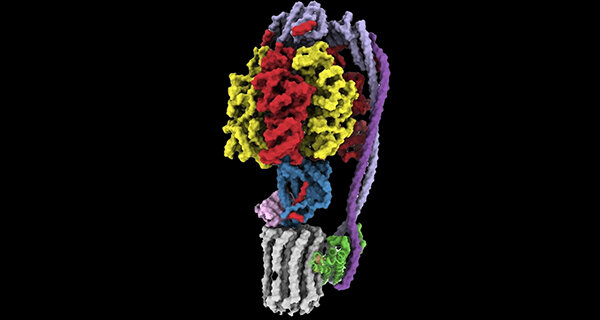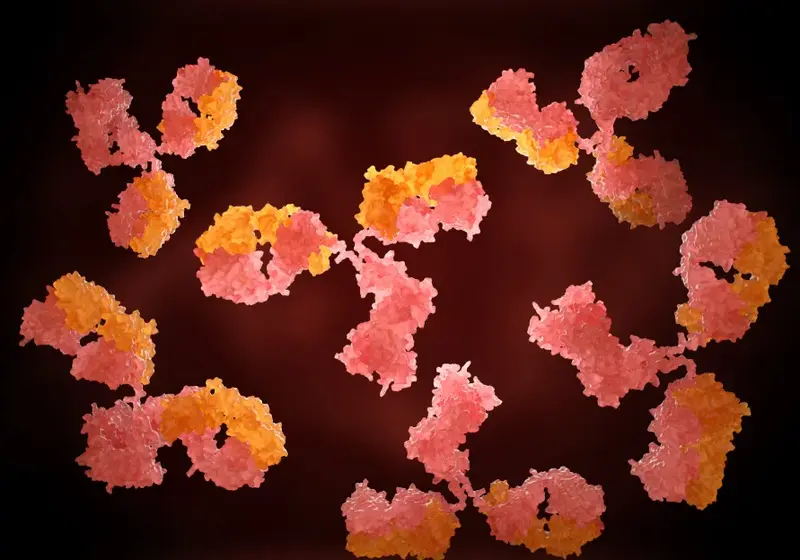A new study published in the journal Proceedings of the National Academy of Sciences has found that molecular insights into the mechanisms of drug resistance in tuberculosis (TB) could inform the development of new treatments for the disease.
The study, led by researchers from the University of Cambridge and the Medical Research Council Laboratory of Molecular Biology, found that TB bacteria can become resistant to antibiotics by mutating a protein called ATP synthase. ATP synthase is an enzyme that produces energy for the bacteria, and mutations in this protein can make it more difficult for the bacteria to be killed by antibiotics.
The researchers found that the mutations in ATP synthase that confer drug resistance also make the bacteria more susceptible to other types of antibiotics. This suggests that targeting ATP synthase could be a way to develop new treatments for drug-resistant TB.
“Our findings provide new insights into the mechanisms of drug resistance in TB,” said Dr. John Rubinstein, senior author of the study. “This could inform the development of new treatments that are more effective against drug-resistant strains of the bacteria.”
Here are some additional details about the study:
- The study was conducted in mice.
- The researchers found that mice with drug-resistant TB that were treated with an antibiotic that targeted ATP synthase had a better survival rate than mice that were not treated.
- The researchers are now working to develop a new antibiotic that targets ATP synthase.
The future of drug-resistant TB:
- Drug-resistant TB is a major global health problem.
- There is an urgent need for new treatments for the disease.
- The findings of the study could lead to the development of new treatments that are more effective against drug-resistant TB.




